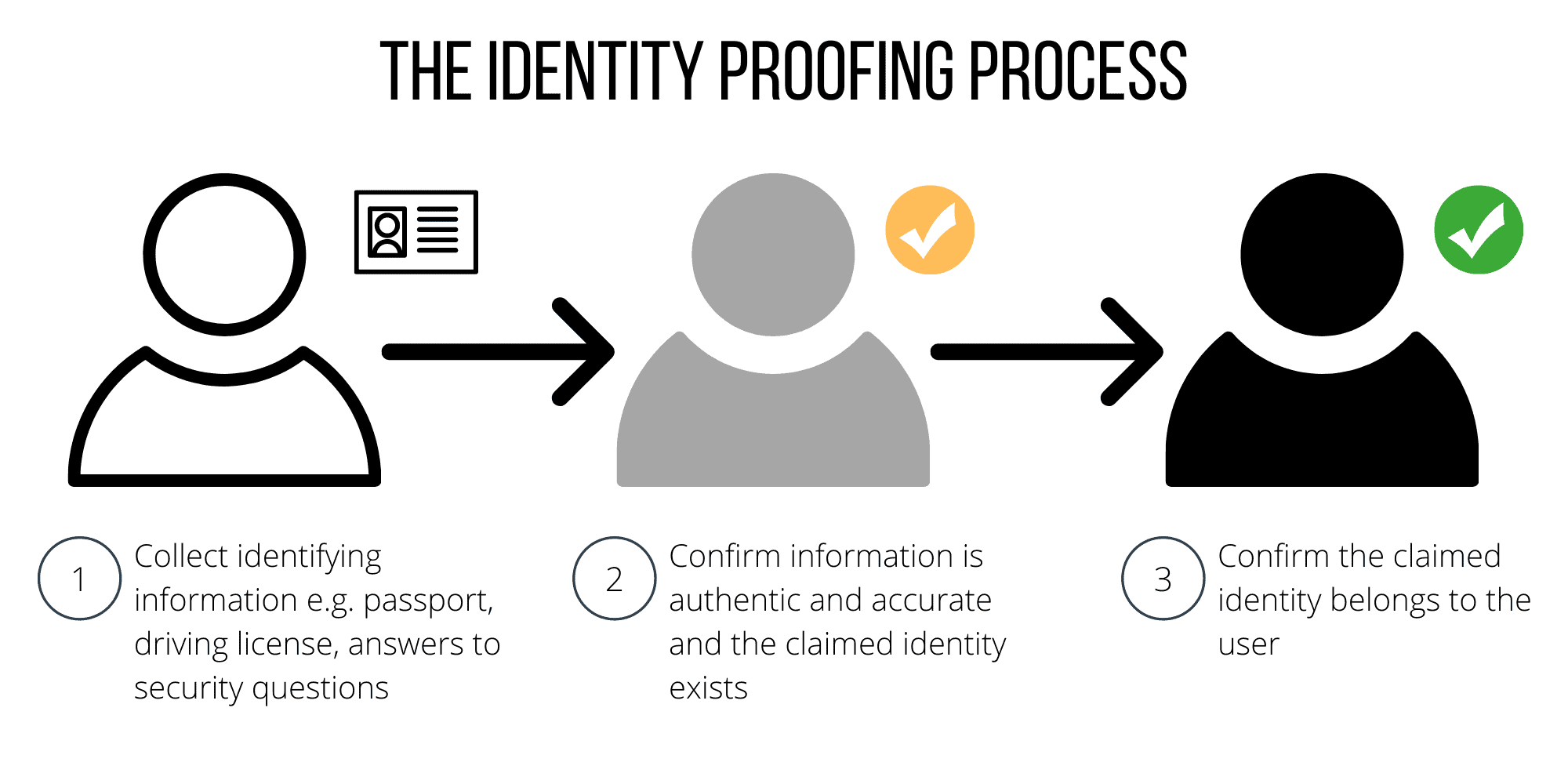NFT Fraud Detection and Prevention
NFT is an acronym for non-fungible token. It is a digital asset, which represents the ownership or proof of authenticity of a unique item or piece of content, such as artwork, music, videos, collectibles, or even virtual real estate in the digital realm. There are several factors that determine the value and desirability of an NFT, which include the reputation of the artists or creators, the uniqueness of the item, the demand from buyers, and the associated perceived value. The NFT segment continues to evolve, with issues such as their long-term value, copyright, and environmental impact, still being debated.
Like cryptocurrencies, NFTs are built on blockchain technology. However, unlike cryptocurrencies that are fungible and can be exchanged on a one-to-one basis, NFTs are unique and cannot be exchanged. NFTs use smart contracts to authenticate ownership and origin of the digital asset. Owners of NFTs can control their digital creations and retain the ownership. Unique metadata associated with each NFT helps distinguish it from other tokens, which makes them exclusive or part of a limited edition. As a result, artists and content creators can monetize their work by selling directly to collectors.
The recent increase in NFT transactions has spawned an industry of fraud in the NFT segment. Companies and digital platforms engaged in NFT transactions must ensure deployment of robust NFT fraud detection and prevention solutions to protect their businesses and consumers from the onslaught of several types of NFT fraud.
Types of NFT fraud
The growing popularity of NFTs has also attracted bad actors who try to make money at the expense of NFT creators. These fraudsters scam genuine users by engaging in several types of deceptive activities.
Some of the fraud types plaguing the NFT segment include:
- Fake NFTs: Cyber criminals may copy valuable NFTs to create fake or counterfeit copies and sell them as original to unsuspecting buyers at a premium.
- Pump and Dump Schemes: Bad actors use devious methods to create artificial demand for certain NFTs such that their prices surge. Once the prices of these NFTs are at their peak, bad actors sell their holdings. This causes prices to crash and losses to the buyers.
- False Marketplaces: Fraudsters create genuine-looking NFT marketplaces that are especially designed to trick users into divulging their digital wallets' private keys or payment information. Using this information, fraudsters can steal funds.
- Account Takeover: Using stolen private keys, bad actors may execute account takeover attacks to gain unauthorized access to genuine user wallets or accounts, which can then be used to steal the funds, fraudulent transactions, and several other criminal activities.
- Identity Theft: Using the popularity and fame of well-known artists, celebrities, and influencers, fraudsters can sell NFTs fraudulently. They may impersonate genuine owners and try to resell the NFTs they don't actually own.
- False Claims: By making false or exaggerated claims about the investment returns, bad actors may try to trick users into buying NFTs, causing them financial losses.
- Phishing and Malware: Phishing attacks and malicious links laced with malware may be used to dupe consumers into sharing their private keys or sensitive information, which can then be used for account takeover and steal funds from compromised digital wallets.
How does NFT fraud impact businesses?
Like any other fraud, NFT fraud can have a significant impact on NFT businesses. Businesses can suffer financial losses as well as reputational damage. Loss of credibility in the market can affect future business prospects and new customer acquisition. In the age of social media, negative comments can act as a deterrent for prospective customers, adversely impacting business growth. In worst cases, consumers may choose to disengage with the business, leading to reduction in the volume of transactions.
In addition to direct financial and reputational losses, businesses also suffer operational disruption and may lose precious manhours cleaning up after the attack, restoring user accounts and getting the business back on track. Strain on the customer support may increase with a deluge of customer calls. Affected consumers may seek refunds or legal recourse, which can further strain the financial resources of businesses.
Businesses that fail in their fraud prevention efforts or to check the sale of fraudulent NFTs on their platforms, risk facing legal and regulatory action. Further, businesses may need to allocate resources for regulatory compliance and invest in fraud detection solutions.
What measures can businesses take for NFT fraud detection and prevention?
NFT fraud can profoundly affect the growth of an NFT business. To prevent financial, reputational and revenue losses, it is critical that businesses in the NFT segment prioritize fraud prevention, invest in robust fraud detection measures, and maintain transparency to mitigate these risks and safeguard their operations.
There are several measures that businesses can take to identify and mitigate NFT fraud. These measures can also help them protect their brand equity, deliver a meaningful engagement to the customers, and maintain a great user experience.
Some of the measures that NFT businesses may consider using include:
- Authentication: Implement robust identity proofing and web authentication processes to ensure the authenticity of NFTs and the associated metadata. This may include verifying the identity of artists or creators, validating ownership history and origin, and examining any certifications or digital signatures.

- Due Diligence: Conduct thorough due diligence of the prospective artists or creators to check the authenticity of the artists and their works before partnering with them or listing their NFTs.
- Monitor Marketplaces: Monitoring NFT marketplaces and platforms, where the business operates, can be useful in identifying suspicious activity and making timely interventions to prevent fraud.
- Implement Fraud Detection Tools: Fraud detection solutions that leverage technologies such as machine learning, behavioral biometrics, pattern recognition can help identify fraudulent NFT listings or transactions.
- Stay Informed: Keep abreast with the latest trends and NFT news by actively engaging with the artists, collectors, and industry experts.
- Collaborate: Collaboration with reputable marketplaces, platforms, and NFT service providers is key to adapting to the new and evolving threats.
- User Feedback: Seek user feedback by creating channels where users can provide feedback, report suspicious activity, or raise concerns about potential fraud.
Possible solutions to prevent NFT fraud
Advancements in technology have made it possible to identify and prevent NFT fraud. By leveraging the latest technologies, these solutions mitigate the risks associated with fraudulent NFT transactions and improve security.
Robust account security of the users can help increase trust among them and create a safer environment for NFT transactions. Some of the technologies and solutions that NFT businesses may consider deploying are as listed below:
- Blockchain: Blockchain technology has inherent security features like immutability and transparency, which businesses can leverage to securely record and verify ownership, origin, and authenticity of NFTs. They can use decentralized ledgers to reduce the risk of tampering, counterfeiting, or unauthorized modifications to NFT data.
- Smart Contracts: Using smart contracts, self-executing agreements coded on blockchain, businesses can automate and enforce the terms of NFT transactions. Robust smart contract logic enables businesses to ensure secure transactions without intermediaries, thereby reducing the risk of fraudulent activity.
- Identity Verification: Identity verification can be a critical element for NFT businesses to prevent impersonation fraud. Businesses may use solutions such as identity document verification and biometric authentication, among others, to verify the identity of artists, creators, and users participating in NFT transactions.
- Metadata Analysis: Businesses may employ advanced algorithms and machine learning models to analyze the metadata associated with NFTs, which can be useful in detecting anomalies, identifying counterfeit work, and any fraudulent activity.
- Fraud Detection Algorithms: Using fraud detection algorithms businesses can analyze transactional data, user behavior, and marketplace activities to help identify patterns and behaviors associated with fraudulent NFT transactions.
- Monitoring Tools and Platforms: A large number of monitoring tools and platforms are available that are specifically designed to identify fraudulent NFT listings or activities and provide real-time alerts and insights. Using these solutions, businesses can continuously monitor NFT marketplaces, social media platforms, and online communities for potential scams, counterfeit listings, or unauthorized use of intellectual property.
- Secure Wallets and Custodial Services: NFT businesses must encourage users to utilize secure wallets and custodial services to improve security of NFT assets. They can also consider partnering with reputable wallet providers or offer their own secure wallet solutions, which incorporate security measures such as multi-factor authentication, encryption, and others.
- Reporting: Build a network with other NFT companies, where all members report fraudulent activities, creating a network where collective intelligence can be leveraged to identify and address known and emerging fraud tactics. Further, creating mechanisms where users can report suspicious NFT listings or transactions can be useful in combating fraud.
Arkose Labs, the partner of choice for NFT fraud detection and prevention
Arkose Labs offers a range of capabilities that make it a preferred choice for NFT fraud detection and prevention. Adopting a unique approach to comprehensive fraud prevention, Arkose Labs helps businesses protect their users, safeguard their assets, and maintain a secure and trusted environment for NFT transactions.
Combining advanced machine learning algorithms with up-to-the-minute global threat intelligence, Arkose Labs can analyze patterns, detect anomalies and activities indicative of NFT fraud. It triages traffic to segregate human and bot traffic, and assigns risk scores to every user. Based on this real-time assessment, users are presented with interactive challenges, Arkose Matchkey, to prove their authenticity.

Good users find these challenges easy and fun to solve; as a result, the user experience doesn’t get disrupted. However, automated solvers and even the most intelligent bots cannot clear these challenges. This is because of the sophistication and a wide variety of challenges, which makes it difficult to clear the challenges at scale. Even malicious users, such as click farms, human fraud farms, and sweatshops, cannot clear the challenges at scale. This delay in solving the puzzles and lack of scale erodes returns from the attack, making it financially unattractive and forcing attackers to give up for good.
Using a comprehensive database of known fraudsters, malicious actors, and suspicious entities, Arkose Labs is uniquely positioned to quickly identify and block fraudulent NFT transactions and activities. Further, Arkose Labs provides round the clock support, enabling its clients to proactively fight fraud and ensure protection of their business and consumers in the long-term.
